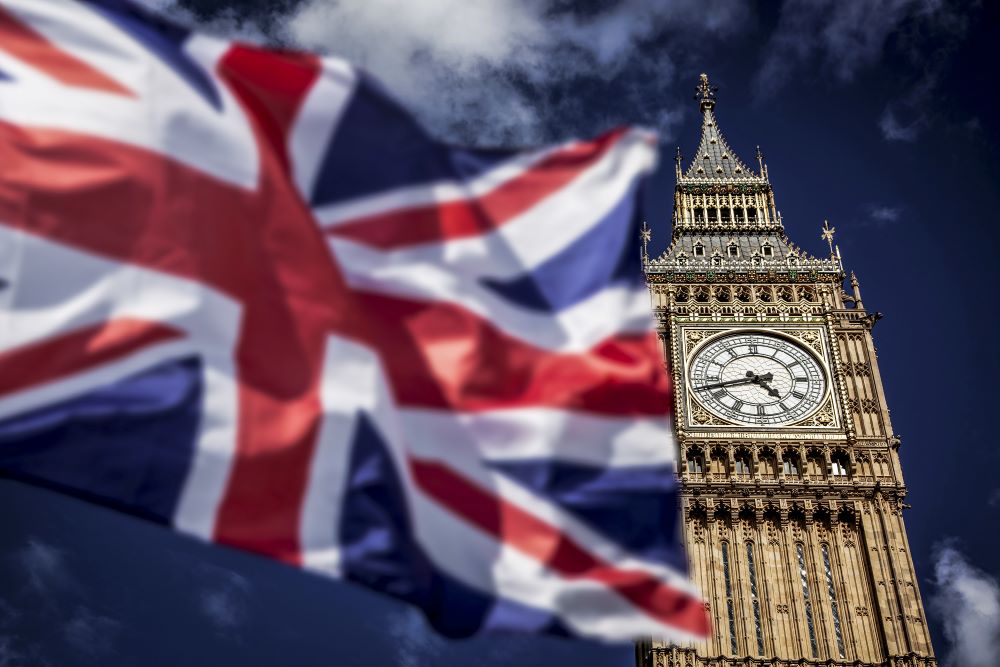
Prime minister Boris Johnson is drawing up plans to set a deadline before which EU regulations must be removed from British statute books.
So called ‘sunset clauses’ will put a five-year ‘expiry date’ on 1,500 pieces of EU legislation, Brexit opportunities minister Jacob Rees-Mogg opportunities has told Cabinet colleagues.
Forced hands
A source told the Times that the move will force departments to think about whether the laws are still necessary.
Areas affected could include rules around chemicals, wine labelling and packaging, high-powered vacuum cleaners and planning.
Imperial measures
A website is being created listing laws which originated in the EU and were then incorporated into British statute before Brexit.
The exact details of the regulations to be repealed has yet to be decided but the bulk are likely to be related to the environment, workplaces, transport, tax and health and safety, according to those involved.
iNews also reports that Johnson will formally announce plans this week to allow all goods to be sold in imperial measures, instead of metric.
Brexit benefits
Rees-Mogg’s move follows concern among senior Tories that voters are yet to see change to UK rules and regulations in the wake of Brexit.
He has previously said the government’s vision for Brexit is to get rid of “gold-plated” EU regulations.
“It’s about freeing up the economy,” he told MPs in March.
Gene-editing
The government announced in the Queen’s Speech that the gene-editing of animals and crops would be improved under new legislation.
The practice has been hampered by a 2018 ruling by the European Court of Justice that it should be regulated in the same way as gene modification technologies.
Ministers have suggested the tool could be used to create female-only chickens, avoiding the culling of male chicks not required for egg production.



